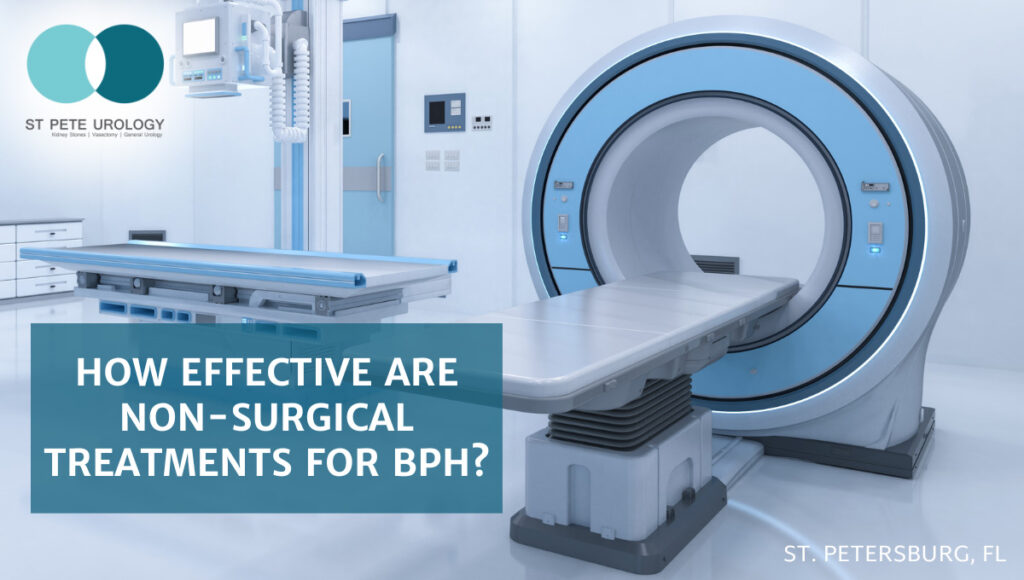Key Takeaways:
- A vasectomy reversal is a procedure that can help restore fertility in men who have had a vasectomy.
- The success rate of a vasectomy reversal ranges between 40 and 80% and is contingent on many factors, including age and timing.
- There are options available for financing a vasectomy reversal and support groups to help answer questions and provide emotional support.
Introduction


What are the Pros and Cons of Vasectomy Reversal?
Vasectomy reversals offer many potential benefits, although there are also a few risks to consider.
Pros
The most obvious benefit of a vasectomy reversal is the opportunity to have children. This procedure may provide a better chance of getting pregnant than taking fertility drugs or attempting in vitro fertilization. Additionally, the procedure is typically less costly than other fertility treatments, and there is no egg retrieval, which simplifies the procedure.
Cons
The success of a vasectomy reversal procedure can vary significantly, and there is no guarantee that it will work. The procedure also involves risks such as infection, bleeding, and negative reactions to the anesthesia, none of which should be taken lightly. It is also important to keep in mind that the procedure does involve some degree of discomfort, and it is possible that a second procedure would be necessary for full reversal to occur.
The Surgery
During a vasectomy reversal procedure, the doctor first makes a small opening in the patient’s scrotum. He then reconnects the two previously cut ends of the vas deferens tubes, a process called vasovasostomy. Depending on the skill of the doctor and the condition of the tubes, he may need to construct a new vas deferens. This process is called epididymovasostomy. Then, the doctor uses sutures to secure the reconstructed tubes.
Recovery time can vary from person to person, depending on the type of procedure, with some taking as little as a few days to recover, while others may need up to six weeks for complete healing. Generally, it is best to avoid strenuous activity and heavy lifting for several weeks after the procedure.
Risks
Like any other surgery, there are potential risks associated with a vasectomy reversal. These may include infection, negative reactions to the anesthesia, excessive bleeding, or development of a hematoma. Additionally, the procedure may not restore fertility, and a repeat surgery may be necessary.
Cost and Insurance Coverage
The average cost of a vasectomy reversal is approximately $5,000, though this number may vary depending on several factors and where the procedure is performed. Fortunately, some insurance companies may cover the cost, although it is important to note that coverage depends on the specific plan. If insurance is not an option, payment plans or financial assistance options may be available.
Success Rates
The success rate of a vasectomy reversal procedure is contingent on many factors. Generally, however, the success rate typically ranges between 40 and 80%. Factors that can affect the procedure’s success are the age of the patient, the amount of time since the initial vasectomy, and the type of procedure used.
Support and Resources
It is important for those considering a vasectomy reversal to understand that it is not a decision to be taken lightly, and that there are many factors to consider before undergoing the procedure. Fortunately, there are several support groups available that provide information, advice, and emotional support. Additionally, there are numerous online resources available, such as the Vasectomy Reversal Guide, for individuals seeking more information about the procedure.
Conclusion
A vasectomy reversal is a procedure that can offer a chance at fatherhood to men who have had a vasectomy but have now changed their minds. While there are many potential benefits to having a reversal, men should weigh the risks before making a decision. Fortunately, there are several options for affording the procedure, and there are support groups available to provide information, advice, and emotional support.
At St Pete Urology, we understand that a vasectomy reversal is an important and personal decision. Our team is dedicated to providing the highest quality of care and support to ensure the best possible outcome of the procedure.
References:
- “Vasovasostomy – Mayo Clinic.” 10 Aug. 2015, https://www.mayoclinic.org/tests-procedures/vasectomy-reversal/multimedia/vasovasostomy-video/vid-20125797
- “Vasectomy Reversal | Stanford Health Care.” https://stanfordhealthcare.org/medical-treatments/v/vasectomy-reversal.html.
- “Risks of Vasectomy Reversal.” https://www.bestvasectomy.com/risks-of-vasectomy-reversal/.




